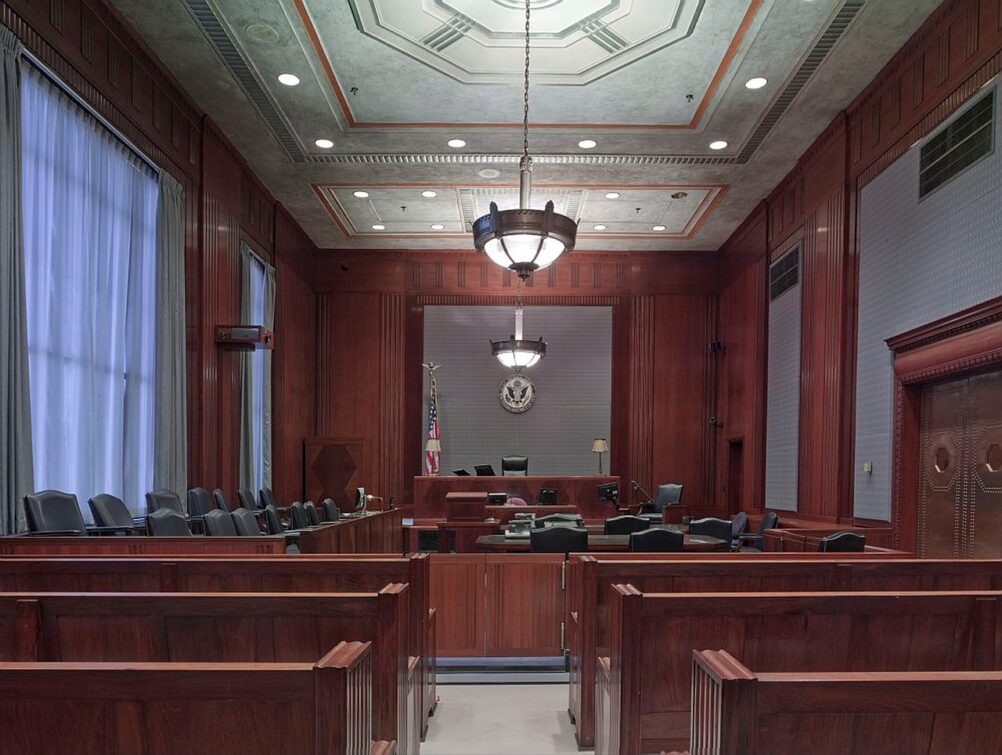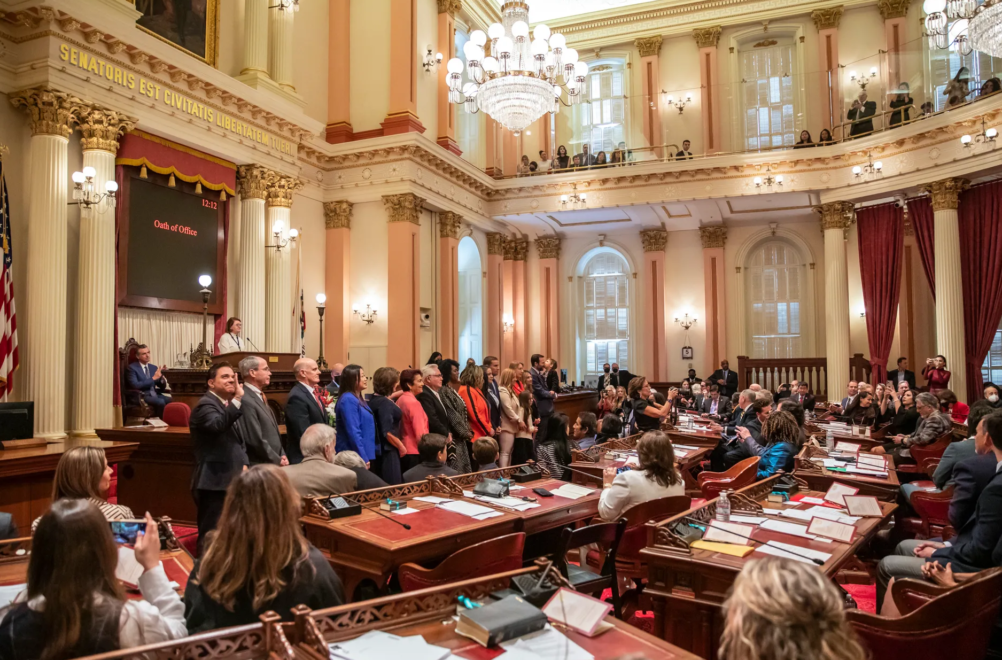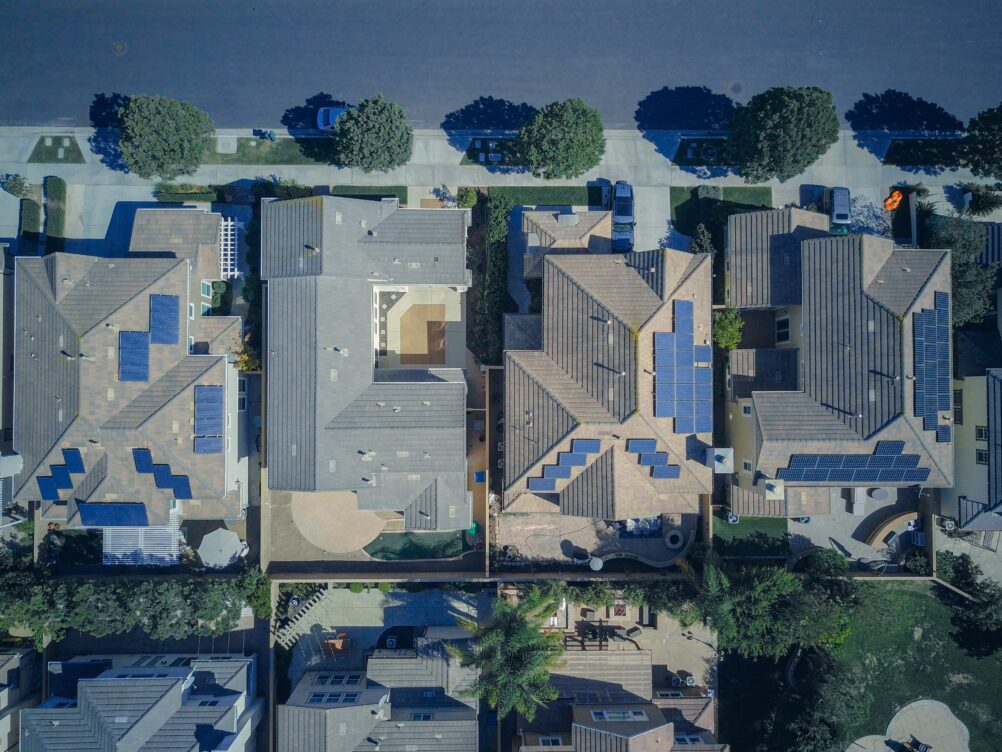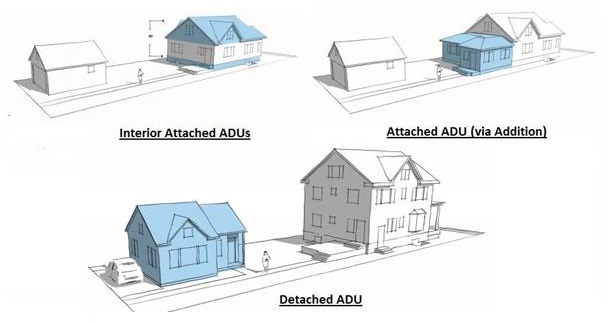by Christian Emsiek Starting January 1, 2025, California HOAs can officially ditch the paper ballots and bring their elections into the digital age. Thanks to Assembly Bill 2159 (AB 2159), homeowners associations can now conduct secure, electronic secret ballot elections for directors, CC&R amendments, and more. But don’t jump straight to an online voting platform just yet—your HOA must adopt new Election Rules first. This update is a game-changer for communities looking to boost participation, …
Restoring Order: How HOA Boards Can Manage Disruptive Meetings And Protect Their Volunteer Board Members
by Christian Emsiek Disruptive board meetings are no longer rare. Across California, volunteer board members are increasingly facing hostile outbursts, personal attacks, and even physical intimidation. These incidents aren’t just uncomfortable – they can halt association business, deter future volunteers, and expose the HOA to serious legal and safety risks. But your board is not powerless. California law provides clear authority to regulate meeting behavior and preserve order. In this article, we’ll walk you through …
Can Your HOA Regulate Short-Term Rentals in California? What You Need to Know!
by Christian Emsiek If you’re on the board of a California homeowners association (HOA), chances are you’ve fielded concerns about short-term rentals (STRs) in your community. The rise of platforms like Airbnb and Vrbo has made STRs more common—and more controversial. Many HOAs are asking: Can we regulate or even ban short-term rentals in our community? And if so, how? The answer lies in two key California laws—Civil Code sections 4740 and 4741—and one landmark …
2025 Legislative Update
(Effective January 1, 2025, unless otherwise stated.) by Marcela Musilek AB-2460 Lowered Quorum in the Regular or Recall Director Election. (Civil Code § 5115 and Corporations Code § 7512) Assembly Bill 2460 is intended to clarify the 2023 AB1458, which created a method of reducing quorum to 20% of the association’s voting power. Applicable to the regular or recall director elections, this bill eases the quorum restraints that previously prevented the election of new directors. …
Feldsott, Lee & Nichter Foreclosure Options
by Andrew Parslow When a member of a homeowners association consistently fails to make assessment payments, the board of a homeowners association may place a lien on the delinquent homeowner’s property for the amount owed in unpaid assessments. If the parties are unable to come to an amicable resolution after the lien is placed on the property, there are two avenues of foreclosure available to an association: judicial foreclosure and non-judicial foreclosure. Historically, Feldsott, Lee …
2024 Legislative Update
(Effective January 1, 2024, Unless Stated Otherwise) by Andrew Parslow AB 572 – Restrictions on Increasing Regular Assessment on Low Income Units (Civil Code § 5605) Assembly Bill 572 is concerning as it directly impacts an association’s ability to increase regular assessments. Fortunately, this statute only affects associations whose original declarations are recorded on or after January 1, 2025. This statute amends Civil Code § 5605 to prohibit associations that have recorded their original declaration …
Solar Panels In Homeowners Associations: How Best To Implement Standards And Regulations Within The Confines Of The Law
by Andrew Parslow As technology inevitably changes over time so too must architectural standards and the laws that govern them. Nowhere is this more apparent than with solar panels. Advancements in technology make it possible for homeowners to place solar panels directly on the roofs of their units. Such solar panels make it more affordable for the unit owner to provide power for their homes and reduce their impact on the environment. Unfortunately, like any …
Understanding California’s Newly Implemented Restrictions on the Raising of Rent and Eviction without Just Cause
by Andrew Parslow On January 1, 2022, two new statutes impacting the respective rights of landlords and tenants went into effect. California Civil Code §1947.12 and the amended §1946.2 impose a variety of restrictions on a landlords ability to increase rent, evict tenants, and terminate rentals. Civil Code §1947.12 restricts a landlord’s ability to raise the rent on their property. Over a twelve (12) month period, rent cannot be raised more than the lower of …
New Changes to the Civil Code Allows for Member Meetings to be Held Over Zoom, but Only During Limited Circumstances
by Andrew Parslow As the COVID-19 Pandemic subsides, it is becoming increasingly clear that for better or worse the world will never be the same. One of the many things that changed during this trying time was the manner in which people communicated. Concerns that congregations of people would further spread the virus led to an increase in the use of teleconference services, such as Zoom. During this period, many associations and their members became …
Additional Dwelling Units: How to Interpret the Relevant Statutes and Best Implement Them
To combat the housing crisis, the California legislature passed a series of statutes that make it easier for property owners to construct Accessory Dwelling Units (“ADUs”) and Junior Accessory Dwelling Units (“JDUs” or “JADUs”) on their property. These changes in statutes and the increased use of ADUs and JDUs, necessitate that associations quickly adapt to avoid unintentional violations of the new statutes and ensure that these new types of units are implemented in a manner …
- Page 1 of 2
- 1
- 2









